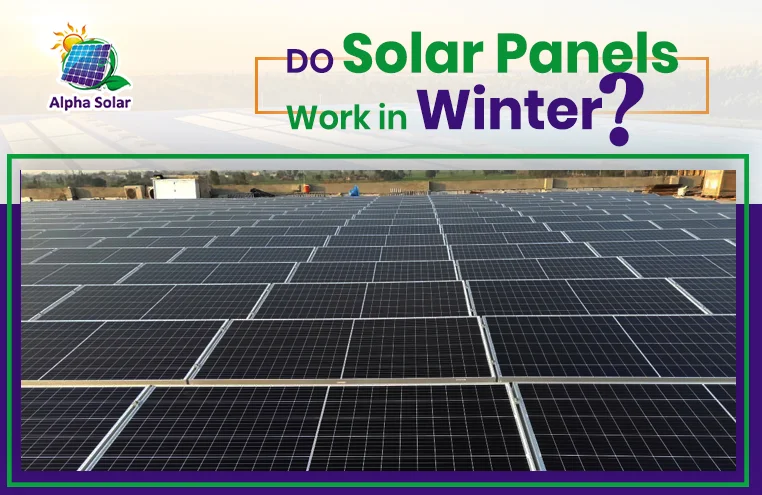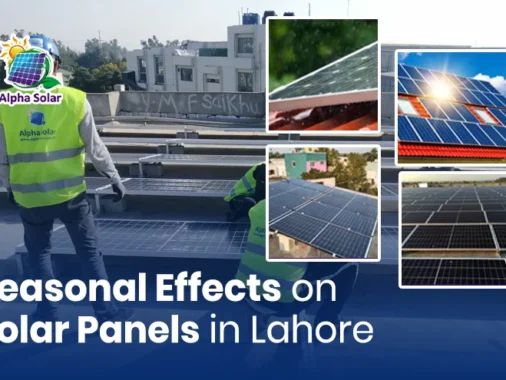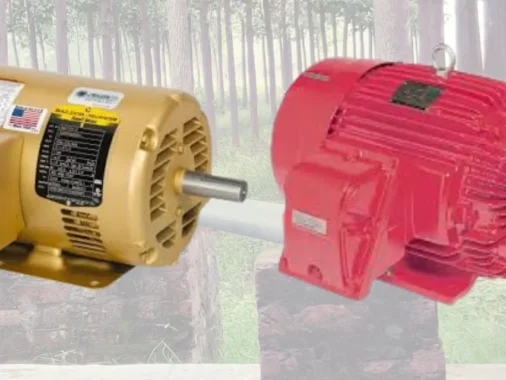Link Between Solar Panel and Temperature
You may be surprised to know that as the temperature rises, solar panels start losing their efficiency. The ideal temperature for generating electricity at its peak is 25°C. Does that surprise you? Let’s give you some more surprising shocks. As the temperature rises above 25°C (or 77°F), the efficiency of solar panels in generating electricity starts to decline. This means that colder weather is actually more productive for your solar energy system. Even when you have less sunlight hours in winter, your solar panels will produce enough electricity to meet your household requirements, and in most cases, produce excess electricity that can be sold back to the national grid to further reduce your electricity bill.
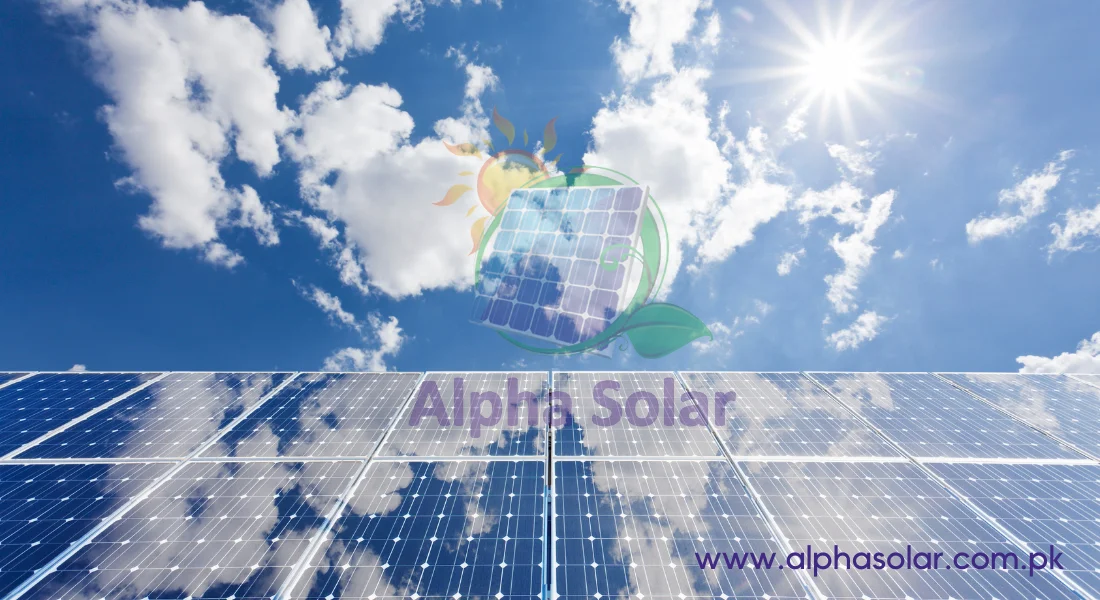
Will Electricity be produced during the Winters?
Yes, solar panels will produce optimum electricity even during winter. As mentioned above, solar panels do not need sun heat to generate electricity; it’s sunlight that provides energy to photovoltaic cells. Sunlight always reaches the Earth’s surface, no matter how cold the weather is. Without sunlight, days would resemble nighttime. So the solar panels will always be producing electricity in the winter.
Do Solar Panels work in the Snow?
Solar panels work well on rainy and cloudy days, but the question still remains: do solar panels work during the snowy season, especially in the northern areas of Pakistan, which receive heavy snowfall during the winter? Fortunately, yes! Solar panels will continue to produce electricity even when covered with snow because of the following reasons:
Solar panels are usually installed at an angle of 30 to 45 degrees to catch more sunlight and produce more electricity during the day. This angled installation not only helps get the most sunlight but also makes it easier for snow to slide off when the panels receive sunlight and warm up. Plus, because the panels are tilted towards the sun, snow doesn’t stick to them like it does to other surfaces.
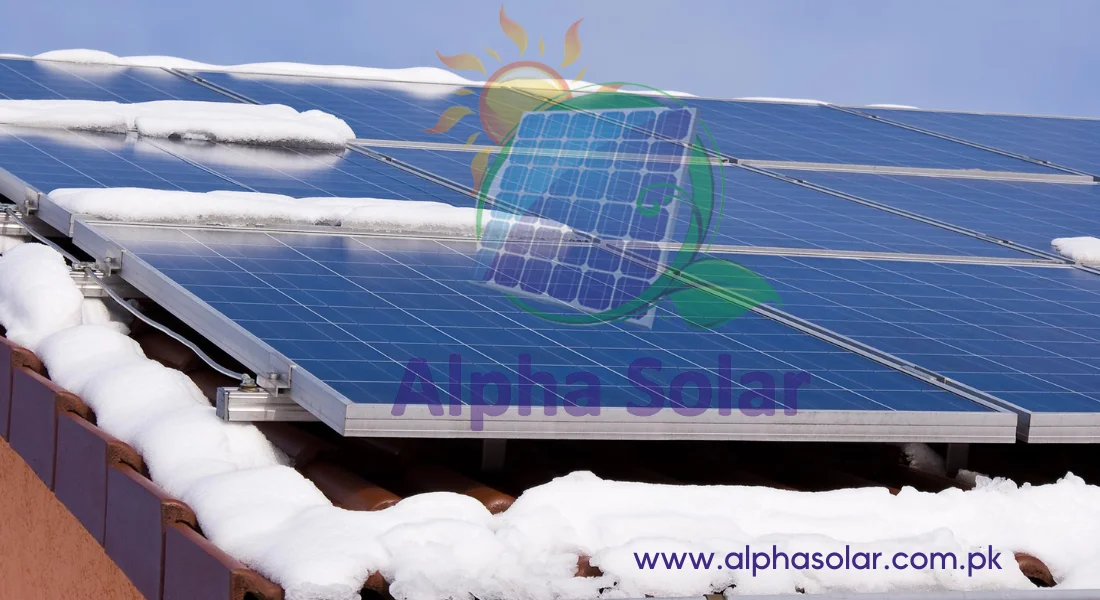
Dark colors heat up faster than lighter ones. The dark glass covering on solar panels warms up rapidly and helps melt snow quickly. Studies have shown that Solar panels stay warmer than the surrounding air, so even a little sunlight can melt the snow.
Benefits of Solar System in Winter
Solar system does not only benefit you during summer, there are a lot of advantages you can get in winter season. Let’s explore them.
Studies indicate that solar panels work better on colder days. High temperatures can cause them to lose energy, but in winter, this isn’t a problem. Research shows that solar panels perform their best at temperatures around 25°C or higher. When it gets hotter than that, they become less efficient. So, lower temperatures mean solar panels work close to their best.
Even in the summer, when we use a lot of electricity, solar panels often make more electricity than we need. Now, imagine how much extra electricity they can make in the winter when the temperature is also perfect for them. In the winter, you can sell the extra electricity your solar panels make because of fewer number of appliances we run during the winter. And with net metering, you’ll get extra credits every month that you can use in the summer.
The albedo effect is like Earth’s way of bouncing sunlight back into the sky. It’s rated from 0 to 1, where 0 is super dark, and 1 is super bright. Snow is very reflective, scoring between 0.5 and 0.7, so it sends back a lot of sunlight. This reflection is pretty useful for solar panels, especially in snowy places. When there’s snow all around them, it bounces sunlight onto the solar panels, giving them more light to work with. That can make solar panels produce up to 20% more power.
Is Going Solar in Winter a Good Choice?
Switching to solar power is a wise choice in any season, and in Pakistan, it’s even more beneficial during the winter. As we’ve discussed earlier, solar panel efficiency increases in the winter because the temperature suits them best. Moreover, the Net Metering facility allows you to sell excess electricity and save for the summer.
In Pakistan, it’s often considered that solar panels are a seasonal system, and most people prefer to install them in the summer when prices are high due to increased demand. Conversely, prices tend to drop in the winter, making winter installation a cost-effective option compared to summer packages.
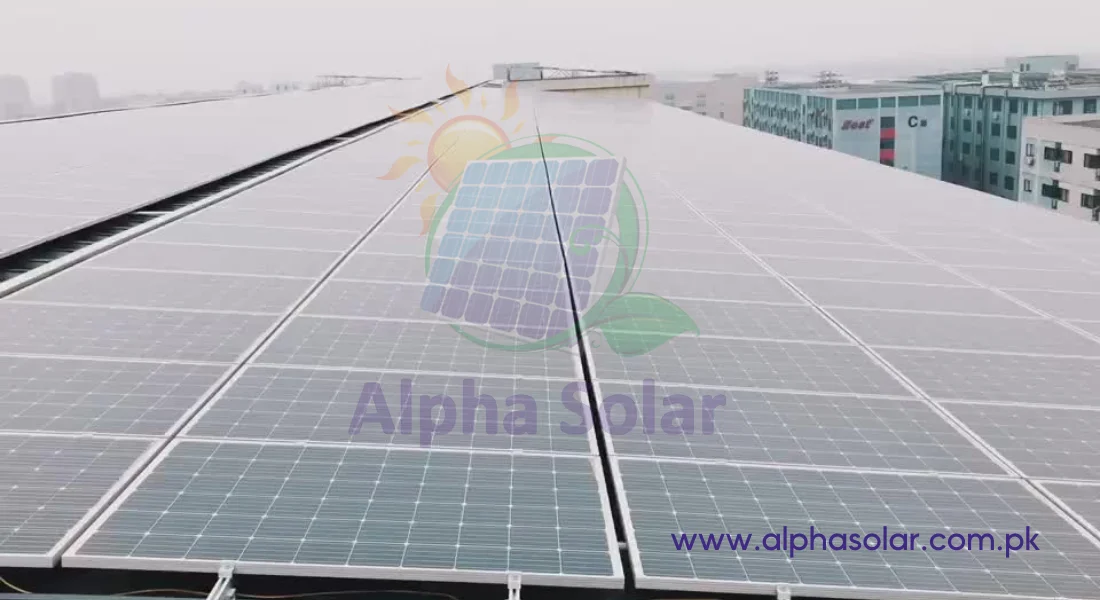
Here’s why going solar in winter is a smart decision:
- Increased Efficiency
- Net Metering Facility
- Reduced Solar System Prices
- Nearly Zero Electricity Bills
Which System Size Is Best Suited For Your Home?
The most suitable solar system for your home depends on your energy needs and monthly electricity consumption. To determine the best fit, assess your energy usage through electricity bills. In the table below, we’ve identified solar system sizes that align with your energy requirements based on monthly electricity units.
| Monthly Electricity Units | Solar System Capacity |
|---|---|
| 300-360 | 3KW Solar System |
| 550-600 | 5KW Solar System |
| 1200-1400 | 10KW Solar System |
| 1600-1800 | 15KW Solar System |
| 2250-2400 | 20KW Solar System |
| 2900-3000 | 25KW Solar System |
| 3400-3600 | 30KW Solar System |
| 4050-4200 | 35KW Solar System |
| 5800-6000 | 50KW Solar System |
Making the switch to solar energy is a wise decision, no matter the season. However, in Pakistan, embracing solar power during the winter months can offer even more benefits. As we’ve discussed, winter’s cooler temperatures actually boost solar panel efficiency, while the Net Metering facility enables you to not only harness the sun’s energy but also generate extra income by selling surplus electricity.
It’s worth noting that in Pakistan, the perception of solar panels as a seasonal system has led many to opt for summer installations when prices are at their highest due to increased demand. Contrarily, choosing to install solar systems in the winter can lead to substantial cost savings compared to summer packages.

